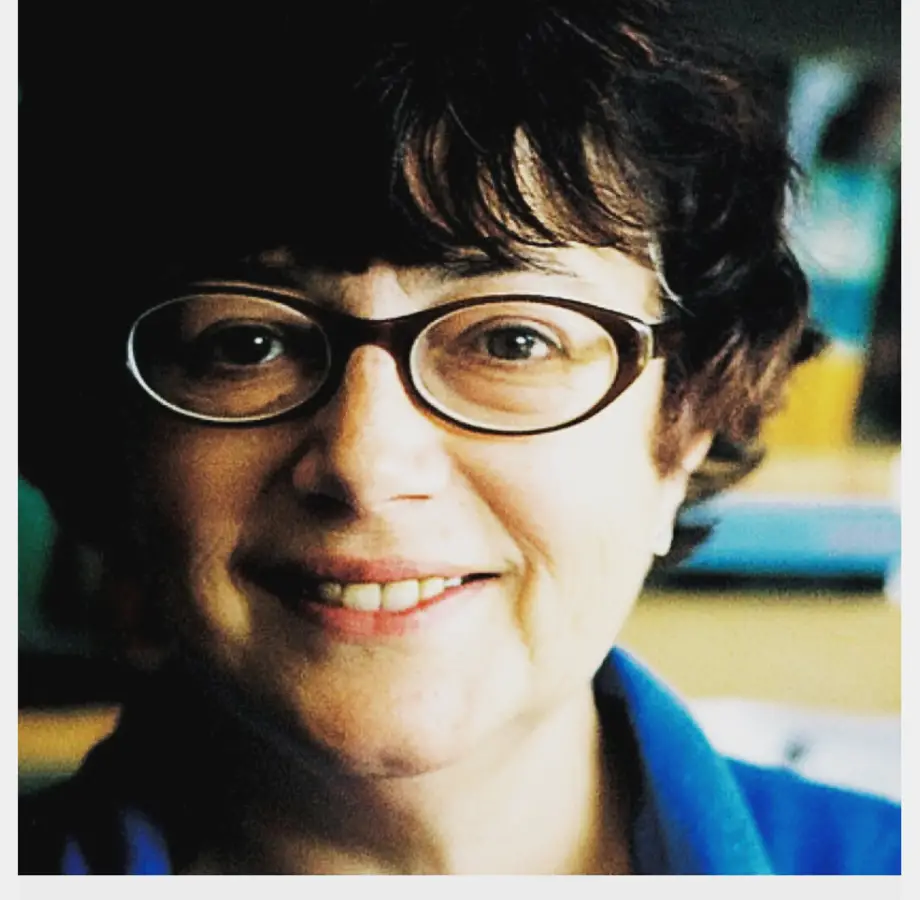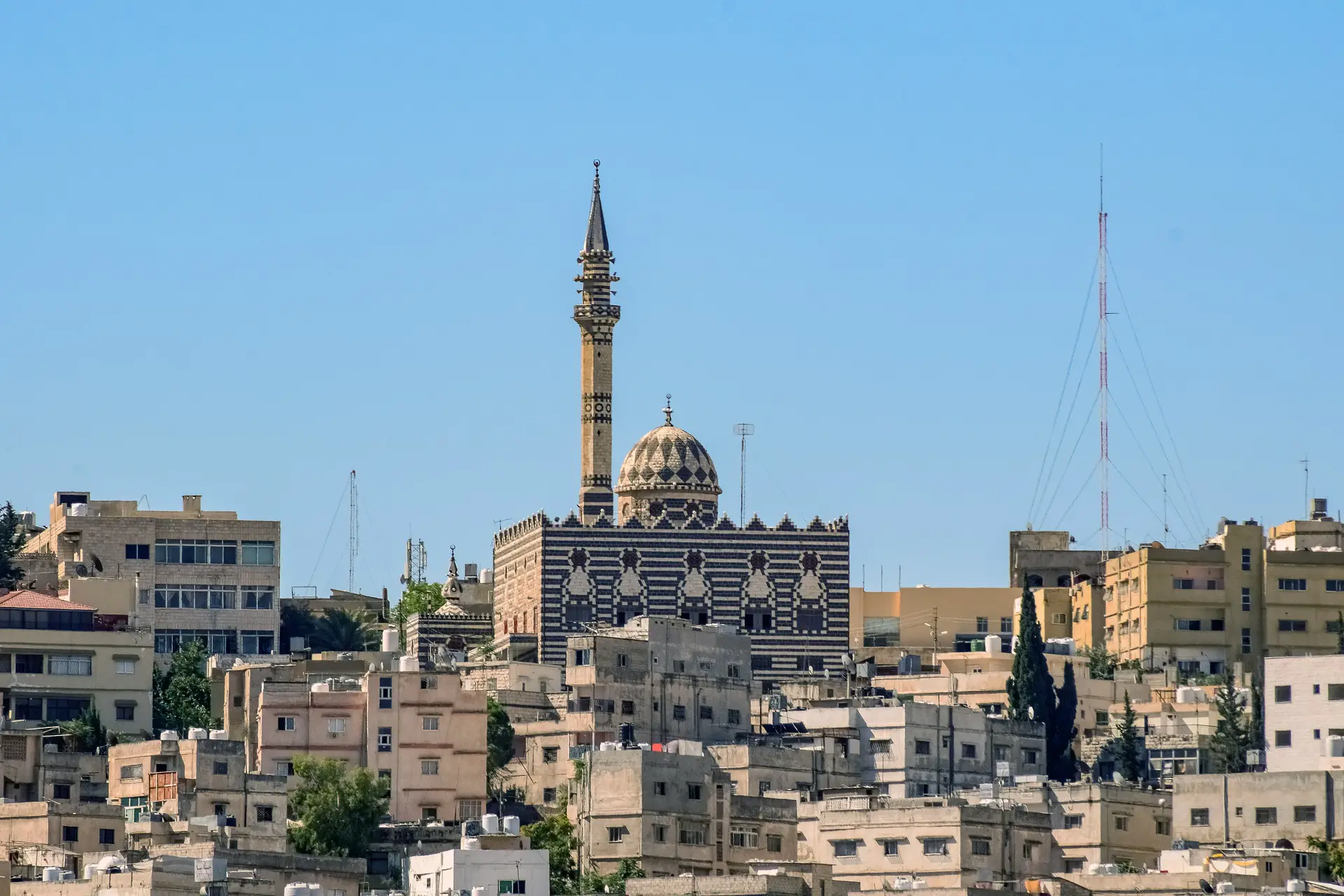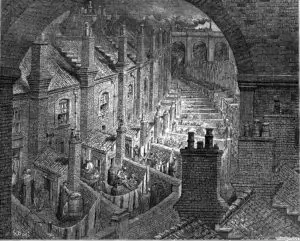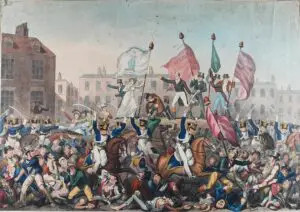
FULL POEM - SCROLL DOWN FOR LINE-BY-LINE ANALYSIS
There once was a country… I left it as a child
but my memory of it is sunlight-clear
for it seems I never saw it in that November
which, I am told, comes to the mildest city.
The worst news I receive of it cannot break
my original view, the bright, filled paperweight.
It may be at war, it may be sick with tyrants,
but I am branded by an impression of sunlight.
The white streets of that city, the graceful slopes
glow even clearer as time rolls its tanks
and the frontiers rise between us, close like waves.
That child’s vocabulary I carried here
like a hollow doll, opens and spills a grammar.
Soon I shall have every coloured molecule of it.
It may by now be a lie, banned by the state
but I can’t get it off my tongue. It tastes of sunlight.
I have no passport, there’s no way back at all
but my city comes to me in its own white plane.
It lies down in front of me, docile as paper;
I comb its hair and love its shining eyes.
My city takes me dancing through the city
of walls. They accuse me of absence, they circle me.
They accuse me of being dark in their free city.
My city hides behind me. They mutter death,
and my shadow falls as evidence of sunlight.

LINE-BY-LINE ANALYSIS
STANZA 1
There once was a country… I left it as a child
The poem begins with the fairytale-esque phrase ‘there once was a country’ not dissimilar to the famous ‘once upon a time’. This immediately connotes emotions related to childhood and the nostalgia that accompanies them – this is fitting as the speaker reveals that she ‘left [this city] as a child’.
but my memory of it is sunlight-clear
‘Sunlight-clear’ is a warm, vibrant image suggesting that the speaker looks back fondly on her time in the city and that she was comfortable there. This imagery is the first of the pathetic fallacies that are a motif (a recurring theme) of the poem.
for it seems I never saw it in that November
which, I am told, comes to the mildest city. The worst news I receive of it cannot break
The speaker reveals that her positive recollection of the city is not tainted by her ignorance of the events of ‘that November’ from which she receives the ‘worst news’. Specified later in this stanza, the reader can infer that political turmoil or conflict took hold of the city, likely forcing her to emigrate from the country. Such events potentially took place in ‘that November’ or the reference to winter is a metaphor for the brutality of the events that occurred.
my original view, the bright, filled paperweight.
The ‘bright, filled paperweight’ is a metaphor for how the speaker’s positive perception of her former home remains unwavering, keeping these fond memories at the forefront and the negative ones at bay, akin to a paperweight organising sheets of paper and preventing the onset of disarray.
It may be at war, it may be sick with tyrants,
but I am branded by an impression of sunlight.
The speaker’s adoration for the city (for which the ‘sunlight’ is an extended metaphor) is still present despite the conflict that ravages it. Describing it as ‘sick with tyrants’ likens the city to a person suffering from injury or disease that spreads as the war intensifies. This personification portrays the city as innocent to the conflict’s inception and defenseless to its continuation, rendering the onset of peace a distant hope.
STANZA 2
The white streets of that city, the graceful slopes
glow even clearer as time rolls its tanks and the frontiers rise between us, close like waves.
The city’s ‘white streets’ symbolise innocence and purity, linking to the concluding message of the previous stanza. This symbolism is seen across literature and religion, from the Bible to Macbeth, and from which the colour of a bridal dress is derived. Furthermore, the imagery of the city’s ‘graceful slopes’ is one of poise and elegance which is harshly juxtaposed by the war-torn symbols of ‘tanks’ and ‘frontiers’. The effect is to emphasise the disparity between the place she called home and recalls so fondly and the place she now hears about and the tragedies taking place there. These two places may share the same geographical location but, to her, couldn’t be further apart.
That child’s vocabulary I carried here
like a hollow doll, opens and spills a grammar.
‘That child’s vocabulary’ the speaker refers to is the limited knowledge, having been forced to leave so young, she has of her native language. The simile ‘like a hollow doll’ is emotive, suggesting that the speaker feels empty, as though she’s lost her identity through her emigration – it’s not just the city she’s been forced to leave behind but it’s culture and it’s natural to feel imposter syndrome elsewhere as a result.
Soon I shall have every coloured molecule of it.
The ‘coloured molecule’ referred to here is a metaphor for words in her native language. Describing them as ‘coloured’ conjures a notion of vibrancy which, similarly to the imagery of sunlight throughout the poem, represents the fond nostalgia felt by the speaker. Additionally, the term ‘molecule’ suggests vitality, referencing the lifeline that her language provides to her home city and culture.
It may by now be a lie, banned by the state
but I can’t get it off my tongue. It tastes of sunlight.
Tragically, it appears that the state that now rules the city has ‘banned’ the speaker’s native language as part of its oppressive regime. This is known as linguistic discrimination which is still active today – publishing materials in Kurdish is currently banned in Syria, for example. Perhaps the speaker is referencing similar events or maybe, more deeply, her language is a symbol of her culture as a whole which, although to her ‘tastes of sunlight’, is now outlawed and punishable under the new regime.
STANZA 3
I have no passport, there’s no way back at all
but my city comes to me in its own white plane.
The speaker has ‘no passport’ rendering it physically impossible for her to return to her home city, however, emotionally, seemingly in a dream, it returns to her ‘in its own white plane’. ‘Plane’ in this context is defined as ‘a level of existence, thought, or development’ and here the city’s ‘white plane’ highlights the disparity between reality and fantasy, between the city as the speaker knows it and its current state.
It lies down in front of me, docile as paper;
I comb its hair and love its shining eyes.
Rumens ascribes human traits to the city, a technique known as anthropomorphism, as the speaker describes how ‘it lies down in front of [her]’. The simile ‘docile as paper’ as well as how the speaker ‘combs its hair’ and references ‘its shining eyes’ portrays the city as childlike, linking to its innocence and vulnerability previously symbolised and evoking a feeling of sympathy towards it within the reader.
My city takes me dancing through the city
of walls. They accuse me of absence, they circle me.
They accuse me of being dark in their free city.
The speaker feels like an imposter in the ‘free city’ she has emigrated to, accused by its population of being ‘dark’ or resigned as a result. The cultural barrier the speaker is forced to overcome is such that, although ‘free’ in the sense the city is at peace, she feels trapped within it, conveying this emotion through the metaphor ‘city of walls’. The only thing that can lessen this emotional toll is clinging onto the memories of her home city – the nostalgia lifting her spirits and helping her ‘dance’ through this foreign environment.
My city hides behind me. They mutter death,
and my shadow falls as evidence of sunlight.
The poem concludes with this thought-provoking metaphor. The childlike imagery of the speaker’s home city continues as it ‘hides behind’ her akin to a child behind their mother. It remains ambiguous, but ‘they mutter death’ is likely to refer to the locals or news outlets of the speaker’s new city discussing the tragic events of her home city and the likely influx of refugees. The speaker’s ‘shadow [falling] as evidence of sunlight’ is open to interpretation, however, Rumen’s choice for the image of ‘sunlight’ to conclude this final stanza like the two prior implies the ending to be optimistic by design.


